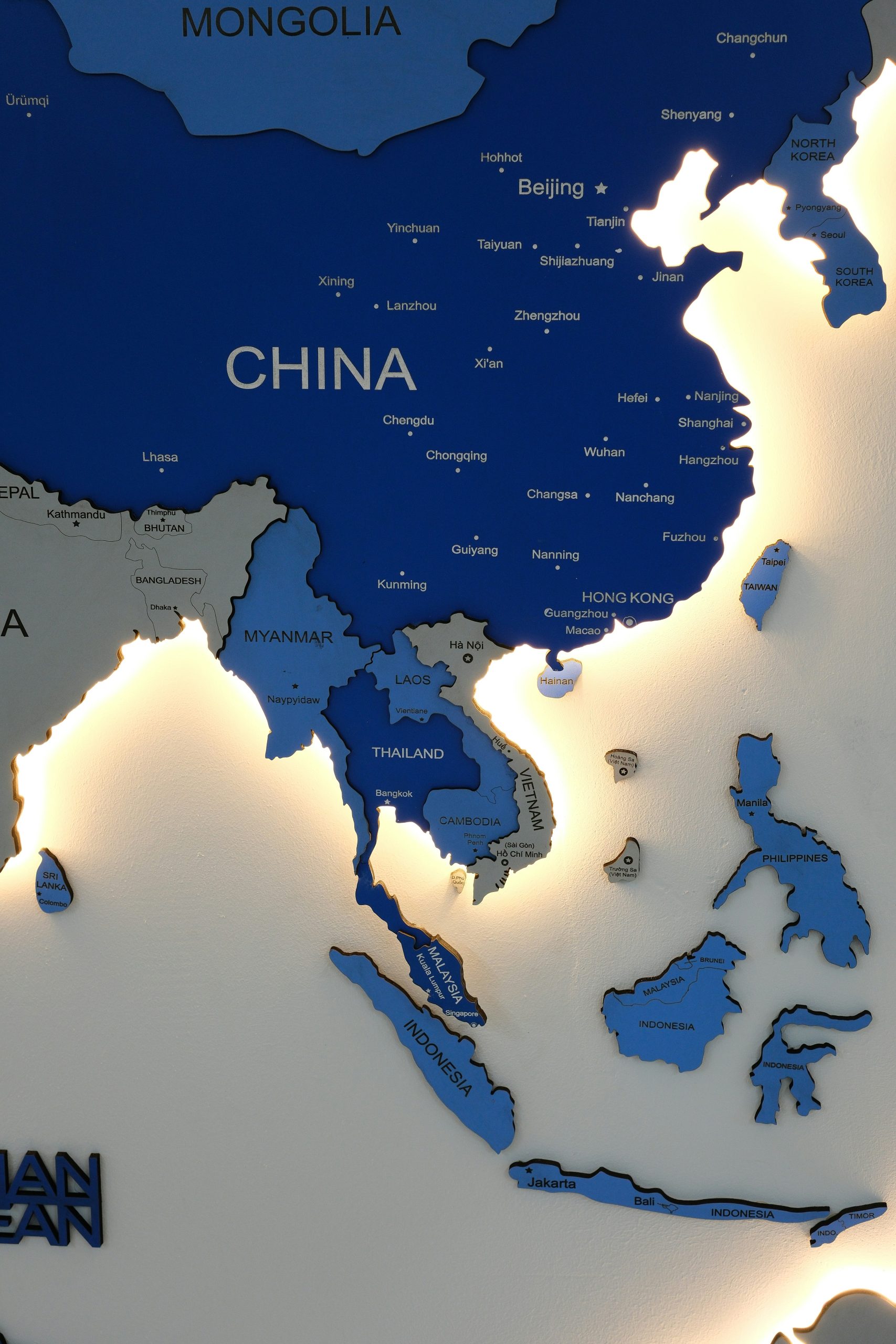Lawmakers call on ICAO to block China’s flight path near Taiwan after Beijing announced the extension of a disputed air route in the Taiwan Strait. A bipartisan group of U.S. senators and representatives said the move endangers civilian aircraft and undermines international aviation standards.
In a letter on Friday, Senators Gary Peters and Marsha Blackburn, along with Representatives John Moolenaar and Raja Krishnamoorthi, urged the UN’s International Civil Aviation Organization (ICAO) to oppose China’s unilateral decision. “This action places civilian aircraft dangerously close to Taiwan-administered airspace,” they wrote.
Concerns Over Aviation Safety
According to the lawmakers, China’s unilateral extension of the route violates established norms, disregards risk mitigation principles, and escalates tensions in the already sensitive Taiwan Strait. They stressed that ICAO must take a clear stance to safeguard aviation safety and ensure international standards are respected.

ICAO and the Chinese Embassy in Washington did not immediately respond to the letter. However, the timing is critical, as the ICAO assembly, held every three years will begin in the coming weeks.
Taiwan’s Protest Over China’s Moves
Taiwan has repeatedly opposed Beijing’s changes to the M503 flight route, arguing that any adjustment must be communicated and agreed upon by both sides. Last month, China opened a third extension of the route west of the median line in the Taiwan Strait, drawing strong protests from Taipei.
China had previously moved the M503 path closer to the median line in 2023, sparking another round of objections from Taiwan, which said the action threatened regional stability.
Political and Diplomatic Implications
Lawmakers also called on ICAO to allow Taiwan to meaningfully participate as a guest in its assembly, noting that excluding the island weakens global aviation cooperation. In 2022, then–U.S. Transportation Secretary Pete Buttigieg made a similar appeal, arguing that Taiwan’s role in international aviation cannot be ignored.
For Beijing, Taiwan remains a breakaway province that must eventually be brought under its control, by force if necessary. Taipei, however, insists that its 23 million people alone can determine the island’s future.
Safety vs. Sovereignty
Lawmakers call on ICAO to block China’s flight path near Taiwan because they see it as more than a technical aviation issue, it is a matter of safety, sovereignty, and international order. While Beijing views the flight route as its right, Taiwan and its allies fear that unchecked changes could escalate tensions in the strait and endanger civilian lives.
As the ICAO assembly approaches, the pressure is mounting. Will the organization act on the lawmakers’ warning, or will China’s unilateral decisions continue to shape the skies around Taiwan?

















